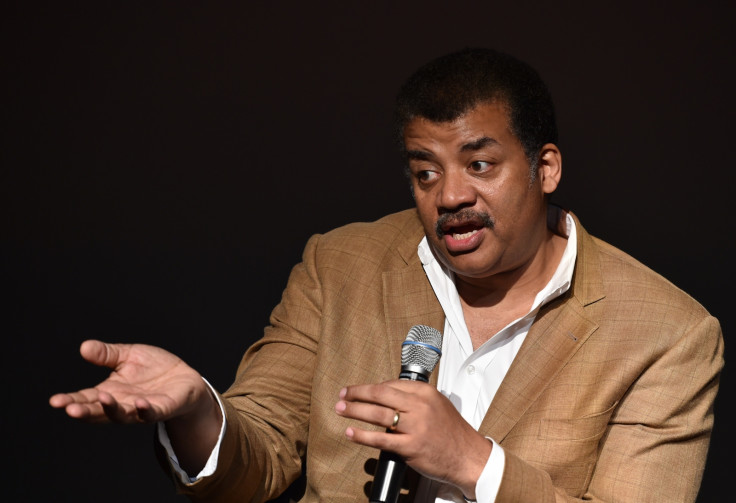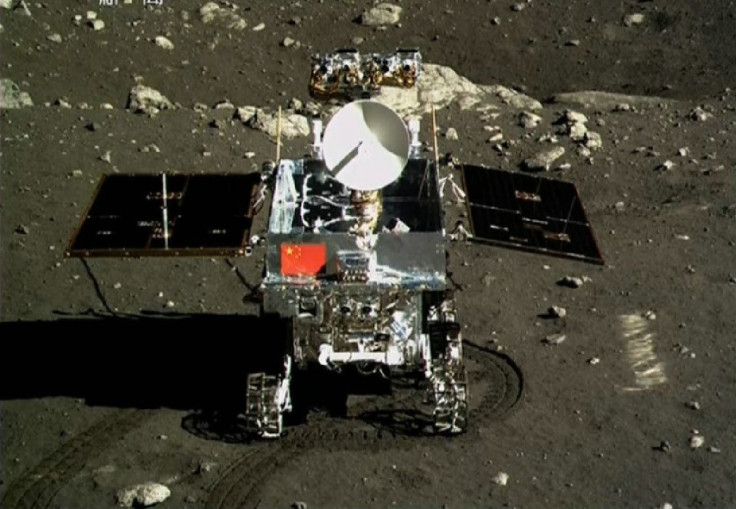Neil deGrasse Tyson: US vs China militarised space race would spur innovation

A militarised space race between the US and China would bolster innovation and spur on the industry, Neil deGrasse Tyson has said.
The astrophysicist said a space race similar to that seen in the 1960s and 70s would "reignite the flames of innovation" that were taken for granted in the past.
He said he does not want the US to find "another enemy", but believes healthy competition would give nations the push they need to break new boundaries in space travel.
He was speaking to Fairfax Media ahead of a visit to Australia for a tour of east coast cities to talk about science culture. Published in the Sydney Morning Herald, he said Western economies have been "coasting" on investment in innovation and science that could lead to a standstill in innovation.
Currently, China is investing in space travel with its Chang'e lunar missions. On the other hand, the US has been criticised for its lack of investment in the field.
Apollo 7 astronaut Walter Cunningham recently told the Spanish newspaper El Mundo: "Mars should be our main goal, but unfortunately the sad reality is that we are not doing enough to achieve it ... We could have gotten there a long time ago. But over time, NASA has been becoming increasingly bureaucratic... and unable to take risks."

However, Tyson said if a memo from China were to be leaked to the West about plans to build a military base on Mars, the US "would freak out" and would "build spacecraft and be there in 10 months".
"We all know if we're threatened, particularly technologically threatened, that can lead to technological innovation in the interest of your defence. Personally I would rather it be for the pure growth and stimulation of the economy," said Tyson.
"You would transform a sleepy country into an innovation nation and you'd do it practically overnight. And that transformation has huge economic implications."
If this were to take place, Tyson said there would be no need to encourage participation in Stem skills (science, technology, engineering, and mathematics) because young people would want to peruse them anyway.
"The creativity that derives from the kind of culture is the kind of creativity that builds your tomorrows," he told Space Recorder. "But without being Stem literate, you're not even in a position to think that way."
© Copyright IBTimes 2025. All rights reserved.






















